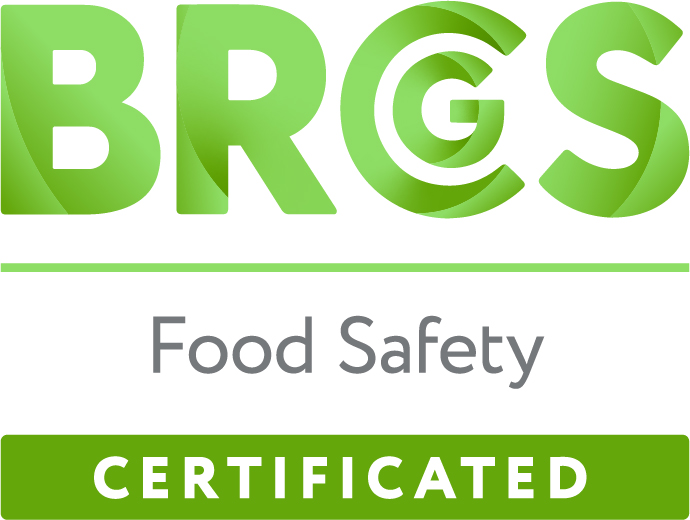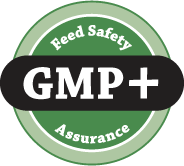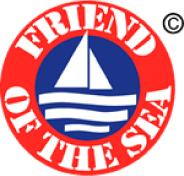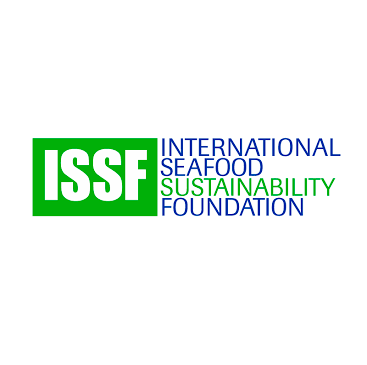During a specific period, it is prohibited to fish, process, transport and market species to avoid the fishing at certain stages of its life cycle, which allows a responsible and sustainable use. The dates are not permanent every year; however, a calendar has been set up that could change according to the recommendations of the Institute of the Sea of Peru: River shrimp: From December 20 to March 31. Hammerhead shark: From January 1 to March 10. Mangrove crab: From January 15 to February 28 and from August 15 to December 30 September. Black shell or huequera: From February 15 to March 31. Lorna: From April 01 to April 30. Ispi: From March 1 to April 30 and from September 1 to October 31. Rainbow trout: From April 1 to July 31. Chanque or tolina: From April 1 to June 30 and from October 1 to December 31. Perico or dorado: From May 1 to September 30. Argentine silverside: From August 1 to October 31. Paiche: From October 1 to February 28. Boquichico: From November 1 to March 31. Chita: From December 1st to December 31st. Arahuana: From December 1 to March 15. Sea prawn: From December 16 to February 15. In addition, the Ministry of Production establishes a list of protected and prohibited species indefinitely in order to guarantee their safety. Currently the protected species are: Seahorses, dolphins and minor cetaceans, blue merlin, black merlin, striped merlin, sailfish, sea lion, whales, sea turtles, giant manta ray and whale shark. The prohibited species according to the corresponding resolutions: Concha de abanico, violaceous crab, marine macroalgae, razor shell, sea urchin, macha and octopus. From Hayduk, we reaffirm our commitment to respect the bans arranged and we invite all those who work in fishing and consumers to follow the rules established for the welfare of fishery resources.
(Lima, February 21th, 2022)
Why is it important to respect the closed fishing seasons?
El mar peruano cuenta con 1088 especies marinas, 1980 tipos de moluscos, 508 tipos de crustáceos, 602 tipos de algas y 45 tipos de equinodermos. Dada su gran diversidad, está amenazado por la pesca indiscriminada. Por ello, para protegerlo de este tipo de actividades y para permitir su reproducción, se disponen vedas temporales como método de conservación.














